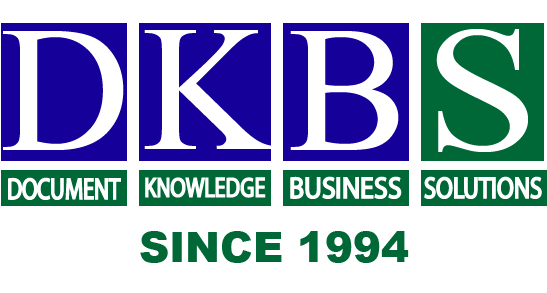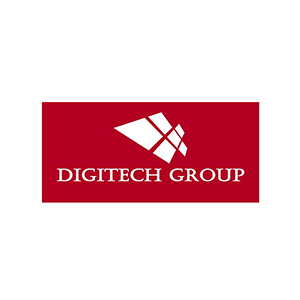
In the Official technologies in Ivory Coast. Entant que tiers de confiance et acteur principal de la transformation Digitale.
Avec nos solutions de signature électronique...
nous assurons la confiance de l'économie numerique
Single digital identity
Example: Electronic Identity Card
Enables strong authentication and document signing
- Server Identity
- Secures transactions
- Sign documents
- Like a stamp on documents
- Secure your website
- Certify the identity of your site
- Securing banking transactions, data transfers and information
It has the highest level of security
- Verifying Domain Ownership
- Company Verification
- Final validation and certificate issuance
Secures the site and its subdomains
Legal Value
Documents integrity and authencity
Non-Repudiation
Authenticity





